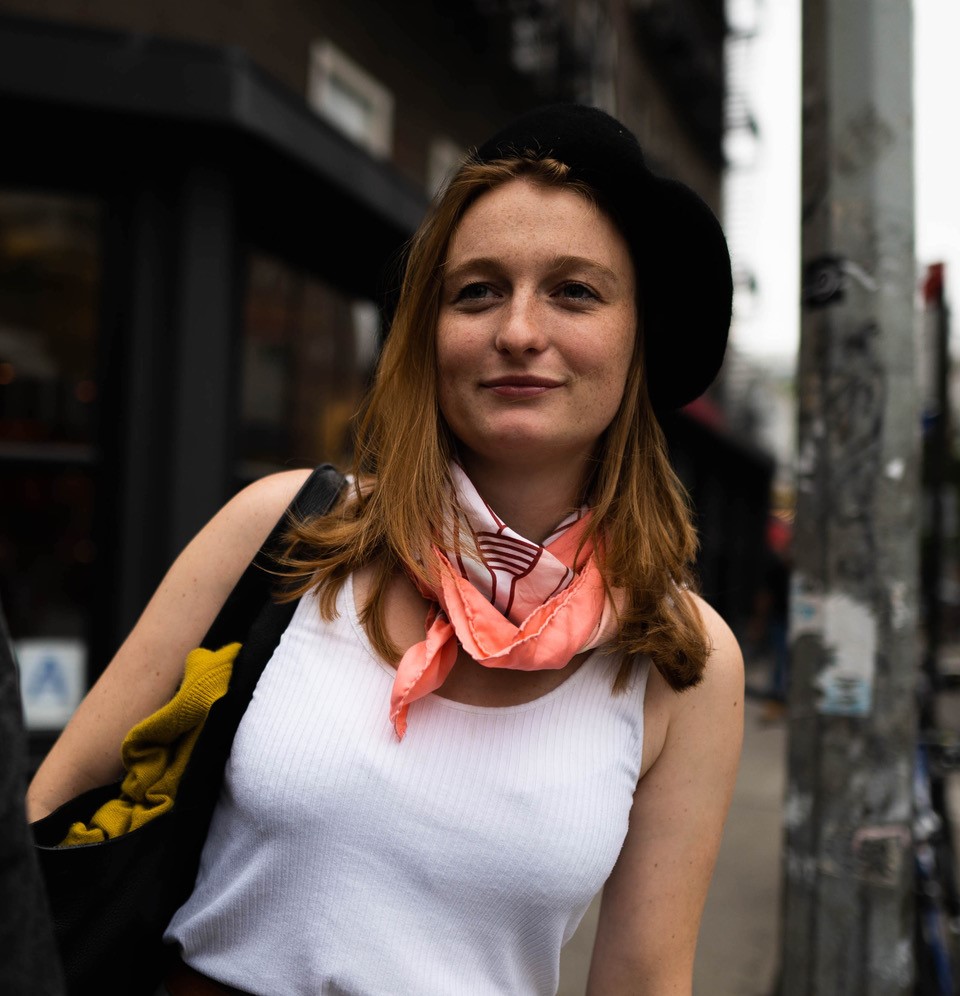I am a master student in computational biology and bioinformatics at ETH Zurich, and last month I paused my master’s thesis to work as a supervisor for a project of the Swiss company Noser Young Professionals. In this project, six Swiss IT-apprentices were placed for volunteer work in New York. On the one hand, we wanted to test the Swiss educational system and its possibilities and constraints in the US, on the other hand, it was an opportunity for the apprentices to learn about real-world business cases. They were divided into groups of two at different startups in the Flatiron area in Manhattan, also called the “silicon alley” because of its high density of tech companies. The apprentices, who are still teenagers, are trained application and web developers; they know a lot about different web frameworks and are fluent in different programming languages. Therefore, the real challenge was not the lack of work, but how to make our American counterparts aware of their potential without paying attention to their age. In the US, they would still be high school students.
Swiss IT-talents prove age is just a number in NYC
by Leonie Hodel, 1.11.2018

On the ferry to New Jersey (photo credit: Sam Wymann)
Together with six young IT-apprentices, I was able to get to know the exciting diversity of the New York startup world for a month. Not only did I see how incredibly fast the scene changes here, but I also learned that you always have to stay flexible.

Severin Gafner working at a co-working space in 23rd street in Manhattan (photo credit: Sam Wymann)
Especially when working for a company for only a short period, it is crucial to understand the company's goals and visions quickly. Most of the direct employers did not have a technical, but an economic background, so they had an idea of a product, but they couldn't tell much about its implementation. The introduction to a specific project usually took the companies less than an hour which was enough for the apprentices to pick up the tasks. If somebody in our group ever got stuck with a problem, we tried to find a solution together. Like this, bigger and smaller projects could be completed successfully. We migrated databases and created a tool for search queries; we created an entirely new cooperate identity with a logo, business cards, and a fully functional website.
Furthermore, we completely migrated an old website and integrated it into a new framework. We even used machine learning techniques and tested different classification models on customer service data. The more demanding a task was, the more excited the apprentices were to find a solution for it.
In addition to coordinating the apprentices, I tried to move the project forward. I interviewed everyone involved about their impressions and thoughts. The feedback was very positive, both from the employers and the apprentices. The only criticism raised was that they wanted to work together for a longer amount of time. Aside from this I got to know strategists from big banks, marketing experts and people in high positions in diplomacy and had a chance to talk to them about a potential expansion of the program. As a result, an American student is expected to come to Switzerland in the course of the next year.

Swiss consulate in New York (photo credit: Sam Wymann)
New York will remain in my memory as a city where there is an adventure behind every corner. But by getting to know the way our apprentices work, I was also surprised by the Swiss educational system and the competence of such young talents. I really appreciated working with them.

About the author
Leonie Hodel is a master student in computational biology and bioinformatics and currently writing her master’s thesis in the computational biology group at ETH Zurich. She has a bachelor’s degree in biology from ETH Zurich and studied computer science at the University of Zurich.


